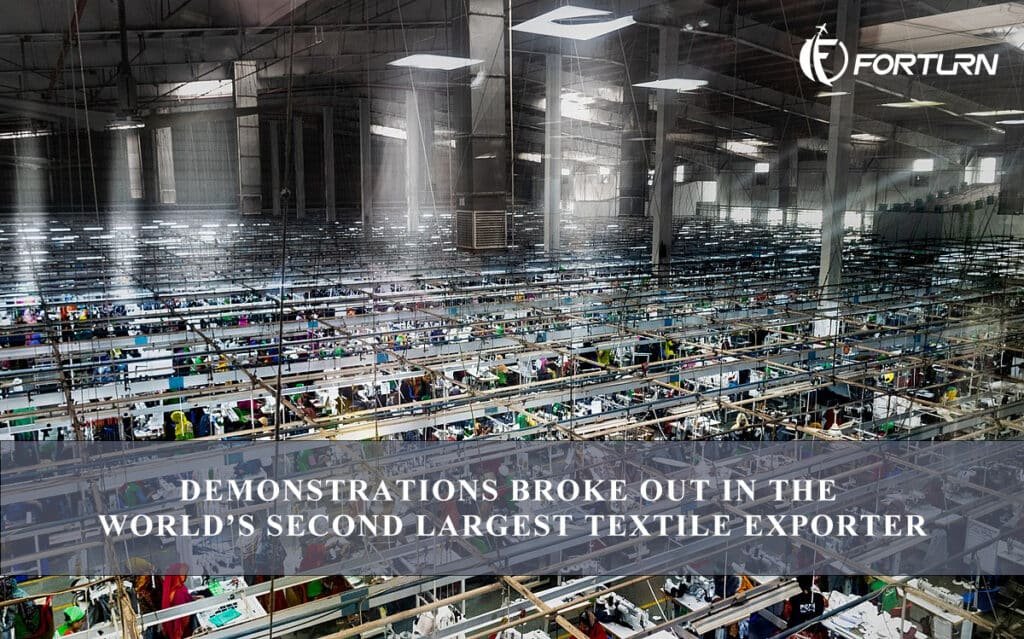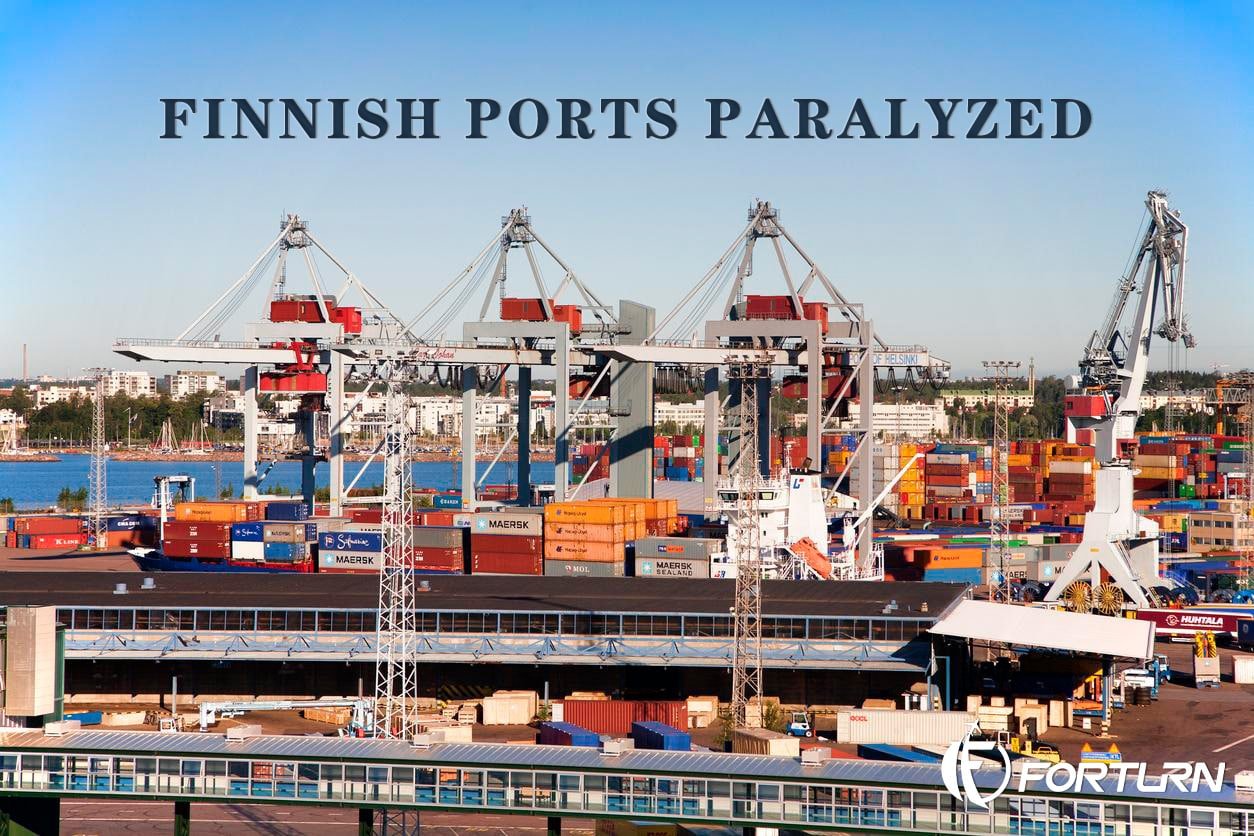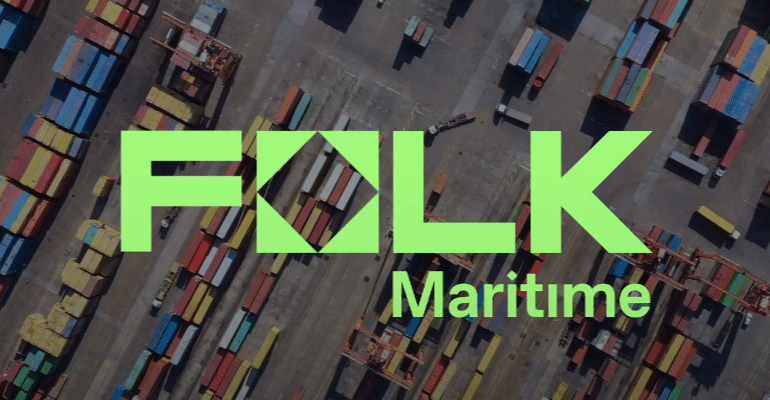Recently, as the well-known war in Gaza continues, violence in another country has escalated. Thousands of Bangladeshi garment workers have set up roadblocks in protest in the capital, demanding higher wages. According to the assistant chief of Dhaka City Police, at least 5,000 workers participated in the protest.
Since the end of October, workers in the textile industry have been demanding substantial wage increases for many days in Bangladesh’s capital and core industrial areas. This is also one of the results of the global garment industry’s long-term reliance on cheap labor in various places. Bangladesh is the world’s second-largest textile exporter after China. Bangladesh has thousands of garment factories and millions of textile workers, as well as nearly a thousand shoe factories. The main export markets for most of the textiles, such as clothing, shoes and hats, are Europe and North America. Textile workers in Bangladesh often have to work overtime, but the minimum wage they can get is just over US$70 a month.
In other words, Bangladesh’s labor force is very cheap. If workers’ wages increase, the cost of textile production will also increase. If wages are raised, Western consumers will ultimately have to foot the bill. In the past year, the world has been in a high-inflation economic environment, and textile workers in Bangladesh are discussing new minimum wage standards with the business owners association of the textile industry. Business owners can only accept a 25% wage increase, while the workers’ latest demand is for a 150% wage increase. The needs of both parties are quite different, and the whole situation seems a bit tense.
A few days ago, affected by this round of demonstrations, about 300 factories in the capital Dhaka and the textile industry center are still closed. If they want to support Bangladeshi workers’ demands for such a substantial wage increase, it means that clothing brands in Western countries need to increase the unit price of orders. Although these brands publicly support workers’ wage increases, when they actually face rising costs, they will make different choices. Therefore, factories are ultimately required to offer lower prices, which will ultimately be reflected in workers’ wages. Therefore, the final decision on the outcome of this salary increase still depends on the adjustment and negotiation of all parties in the market.
According to Bangladesh’s garment exports in October fell by 13.93% year-on-year, while overall exports also fell by 13.64% year-on-year. Bangladesh is facing multiple challenges such as historically high inflation, increased bank interest rates in advanced economies, and labor unrest. This has resulted in Bangladesh’s export market facing unprecedented difficulties. It is not clear how this demand for a salary increase was finally resolved. Various Western brands also attach great importance to this protest. Most big brands still support salary increases, but it has not been clearly stated how the final cost will be reflected in the final product price or in what part. Since many factories are closed, there is still a certain impact on many brands. We hope this protest can be resolved peacefully as soon as possible.










